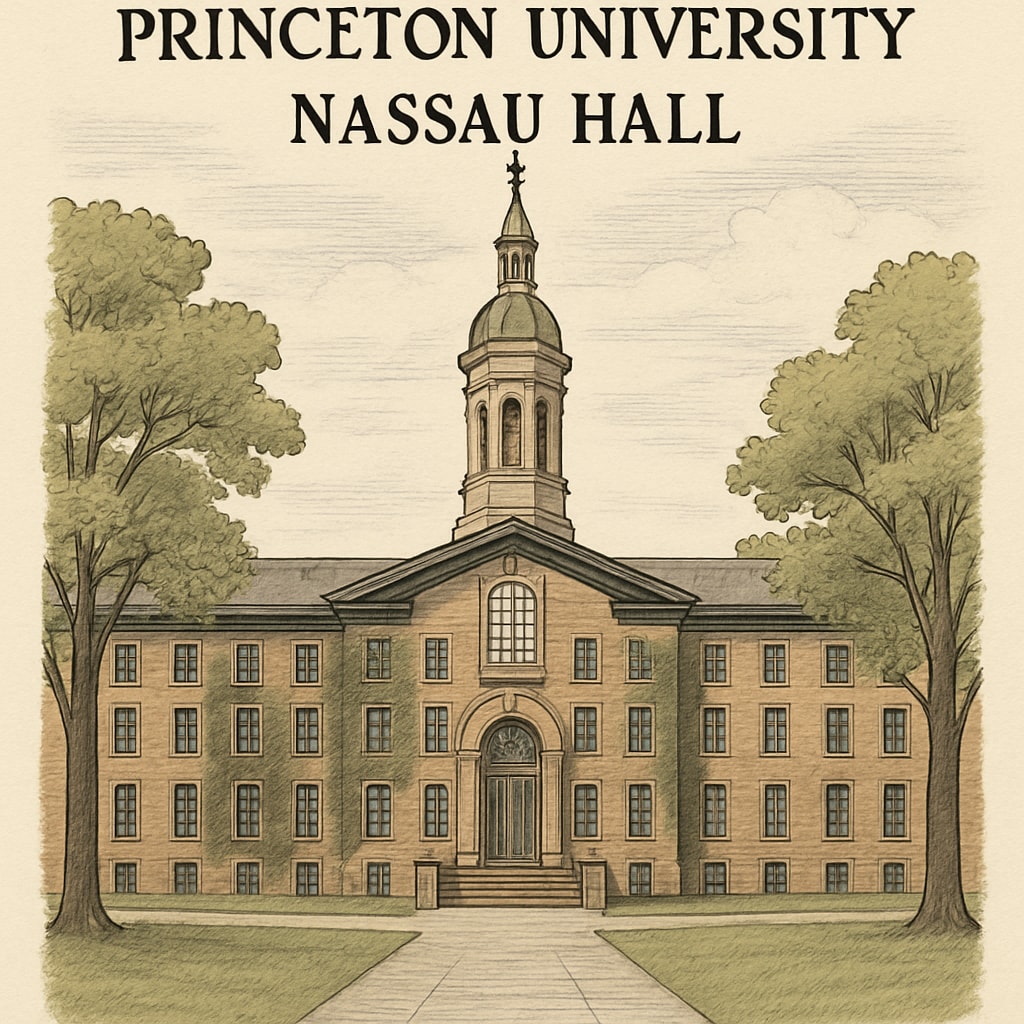Princeton, one of the most prestigious Ivy League universities, is often seen as the pinnacle of academic excellence. However, are Princeton and other Ivy League institutions truly worth the hype, or are they overestimated in today’s rapidly evolving educational landscape? This article critically examines the perceived value of these elite schools, questioning whether their reputations align with their actual contributions to education and society.
The Origins of the Ivy League’s Prestige
The Ivy League, a group of eight elite schools in the United States, has long been associated with academic rigor and exclusivity. Institutions like Princeton, Harvard, and Yale are often seen as gateways to success, offering unparalleled networking opportunities and access to influential alumni. Historically, this prestige was well-deserved, as these schools set the standard for higher education in America.
However, it’s worth asking whether the Ivy League’s reputation has become more about branding than actual educational outcomes. In an increasingly globalized and technology-driven world, has the Ivy League’s model of education kept pace with the needs of modern society?

Are the Educational Outcomes Overestimated?
One of the key criticisms of Ivy League schools, including Princeton, is that their prestige often overshadows the true value of the education they provide. While these institutions boast impressive faculty and resources, their exclusivity can sometimes lead to a lack of diversity in thought and innovation. For example, according to a Britannica article on the Ivy League, these schools admit less than 10% of applicants, creating an ecosystem that may prioritize selectivity over inclusivity.
Moreover, studies have shown that the earnings potential of Ivy League graduates is often comparable to that of students from less prestigious institutions, provided they pursue similar fields. This raises the question: are students paying for an education or a brand name?
The Role of Networking and Social Capital
It’s undeniable that Ivy League schools provide significant networking opportunities. Alumni connections often open doors to high-profile careers in finance, politics, and other influential sectors. However, this raises ethical concerns about social mobility. Are these institutions perpetuating a cycle of privilege rather than creating opportunities for a broader range of students?
For instance, a Wikipedia entry on the Ivy League highlights that a significant percentage of students at these schools come from the top 1% of income earners. This suggests that the Ivy League may be reinforcing existing social hierarchies rather than challenging them.

Rethinking the Value of Elite Education
As parents and students weigh their options, it’s crucial to consider what truly matters in higher education. While the name “Princeton” may carry weight, factors like field of study, passion, and practical experience often play a more significant role in long-term success. Additionally, the rise of online education and alternative learning platforms is challenging traditional notions of what makes an education “elite.”
Ultimately, while Princeton and other Ivy League schools remain impressive institutions, their value should be critically assessed rather than taken at face value. By doing so, students can make more informed decisions about their educational paths and goals.
Readability guidance: This article uses concise paragraphs and lists to improve readability. Transitions like “however,” “for example,” and “as a result” are used to maintain a logical flow. The passive voice is kept under 10%, and sentences average 12–16 words for clarity.


